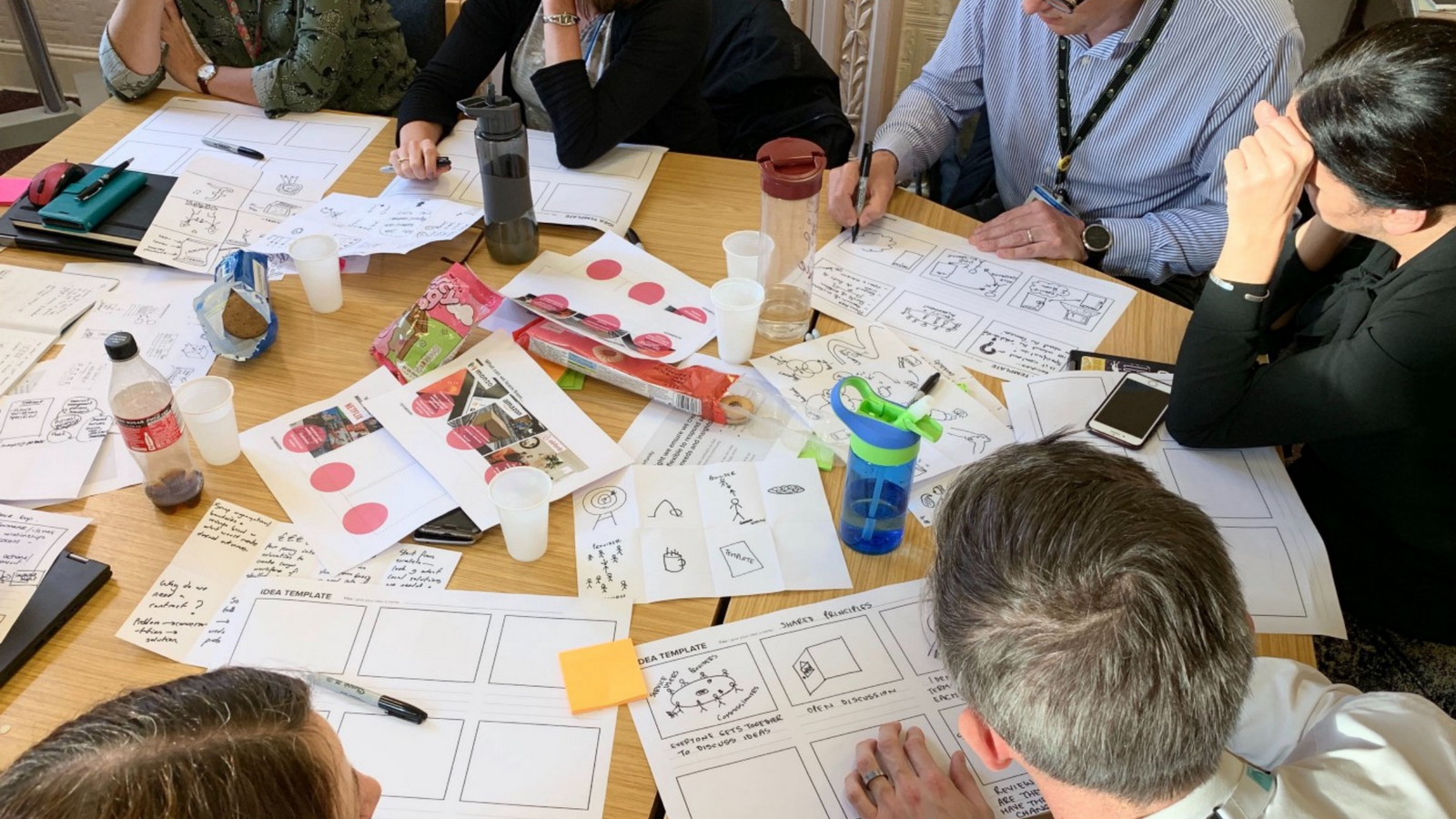In last week’s budget announcement, Chancellor Jeremy Hunt committed a £3.4 billion IT investment for the NHS to “unlock £35 billion in efficiency savings by the end of the decade”. With its usual mention of AI, but also a big focus on completing the job of rolling out Electronic Patient Record Systems, on the surface all appears promising. But there are underlying issues that warrant scrutiny.
Chancellor Hunt's claim that this funding represents a doubling of national investment and will help "modernise NHS IT systems so they are as good as the best in the world" demands closer examination. Such assertions overlook the complexities of healthcare technology integration and the challenges associated with achieving meaningful improvements in productivity, especially within the context of Electronic Patient Record (EPR) Systems.
There is some debate as to whether and how this money might reach the frontline. But what is clear is that nothing will be available until April 25, and then only capital investment is funded.
However, the Chancellor has also asked the NHS to deliver significant "productivity improvements" in return. The insistence on tying productivity improvements to the funding raises red flags, particularly given the historical difficulties in realising substantial gains from technology implementations.
Rethinking implementation for effective change
I’ve said before - I have issue with the word "implementation". Especially when it comes to EPRs, but also for any technology really.
"Implementation" itself underscores a top-down approach that prioritises the installation of technology that hasn’t been designed for the needs and workflows of frontline healthcare professionals and patients. And what we continuously see in response is people changing their approach to suit the technology, or worse, working around it thus negating the impact of the new investment.
To truly leverage this funding for transformative change, a more critical evaluation of the approach is needed. Rather than rushing through deployments to meet arbitrary targets, NHS Trusts should prioritise comprehensive user research and iterative design processes; understanding the nuanced needs of staff and patients, mapping existing workflows and identifying opportunities for optimisation before rolling out new systems. How else can we unlock productivity gains if we’re not looking at where the opportunities for improvement are first?
Of course, not all EPRs are created equal. The assumption that all EPR solutions are equally adaptable overlooks the reality of varying system capabilities and user experiences. While some platforms may offer greater flexibility, others may fall short in addressing the unique challenges and many and varied ways of working you find even in one Trust.
Collaborative models for transformation
We’re currently collaborating with the East Midlands Acute Providers, a group of Trusts in the East Midlands, to do exactly this. By slowing down to go faster, we’re researching and mapping pain points, identifying opportunities to standardise and make efficiencies in service delivery. What sets this apart is our collective, collaborative effort as a group. Working closely with Trust leadership, we’re ensuring that every step is informed by the insights and expertise of frontline clinicians, staff and patients.
This collaborative model not only fosters a sense of ownership and empowerment among stakeholders but also facilitates the discovery of innovative solutions tailored to the specific needs of each Trust. Credit must be given to the visionary leadership of the Trusts involved, who recognised the importance of taking a deliberate and inclusive approach to transformation. By prioritising collaboration and shared learning, they are not only optimising operational processes but also fostering a culture of continuous improvement.
I’m confident that this collaborative effort will yield tangible benefits, and that this approach is the way we will truly unlock those efficiencies presumably promised the Chancellor.
While the government's commitment to investing in NHS technology is commendable, it is imperative to approach such initiatives with a critical eye. Without addressing underlying structural and cultural barriers, the full potential of these investments will remain unrealised, leaving frontline healthcare workers and patients grappling with outdated systems and inefficient processes.

Transforming healthcare
Discover how we accelerate digital transformation in the NHS, delivering innovative, user-centred solutions that improve patient outcomes and streamline services.
Work with us
Putting people at the centre of the ICS integration
This post is the third in a series about the future state of health & care, based on our experiences delivering transformation with partner organisations and interviews with senior colleagues.
Read more
Using inclusive research approaches with Blood Cancer UK
How we focused on research with marginalised groups to support work on a new direct referral service for Blood Cancer UK.
Read moreOur recent insights
Transformation is for everyone. We love sharing our thoughts, approaches, learning and research all gained from the work we do.

Budget 2025 reveals how digital funding really works
Background: The Budget was announced yesterday, it’s not announcing big new programmes of work - it’s fine tuning how the government's fiscal policy supports existing policy objectives. There’s takeaways for all digital leaders from this announcement and some thoughts about that to do next.
Read more
Unlocking the benefits of AI for charities
How human-AI collaboration can help charities get true value from their data, turning insights into impact.
Read more
What's the future for open data in the UK?
A decade ago, the UK was a leader in open data, but its prominence has faded. We examine why the focus has shifted and what the future holds for the role of open data in the public sector.
Read more

